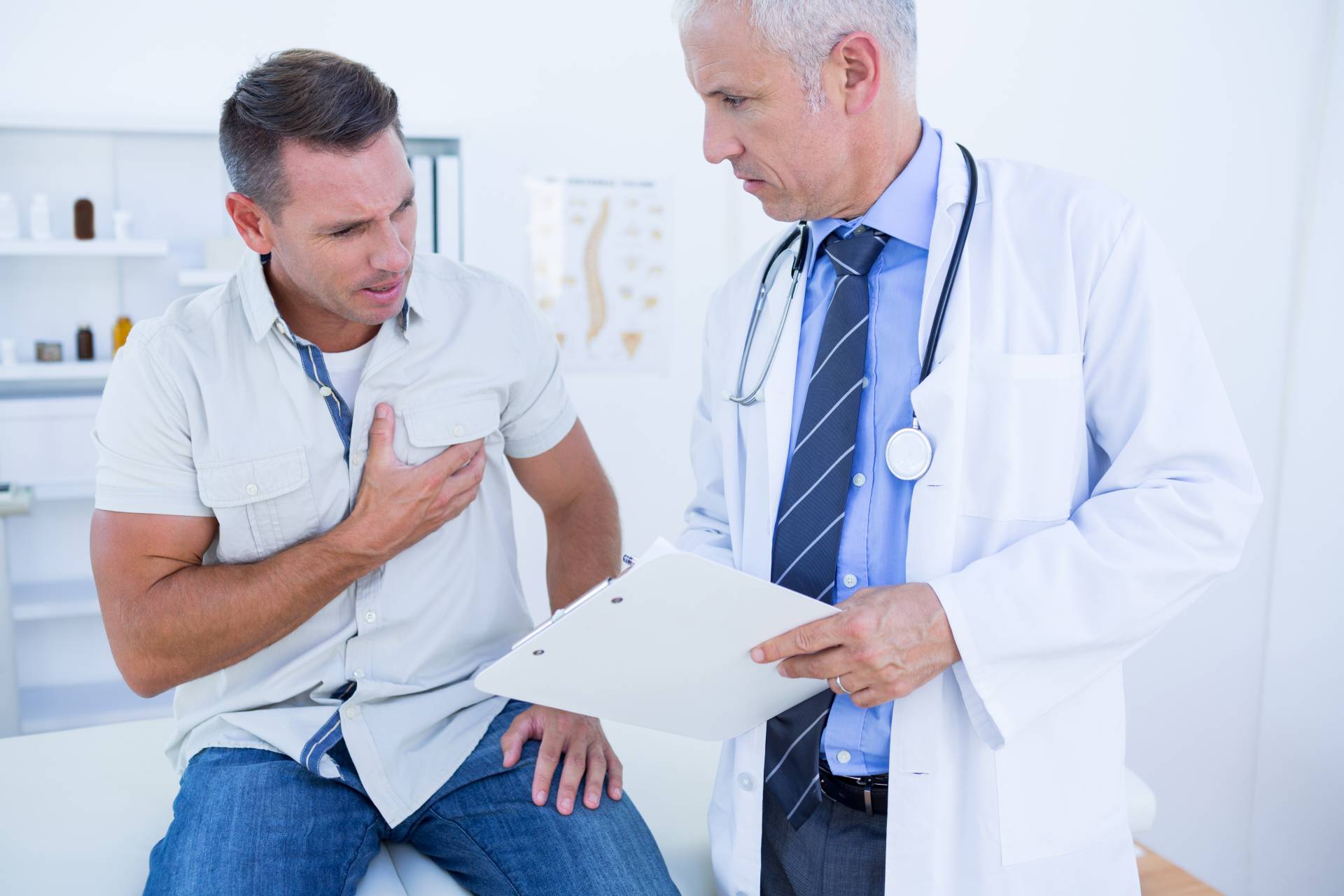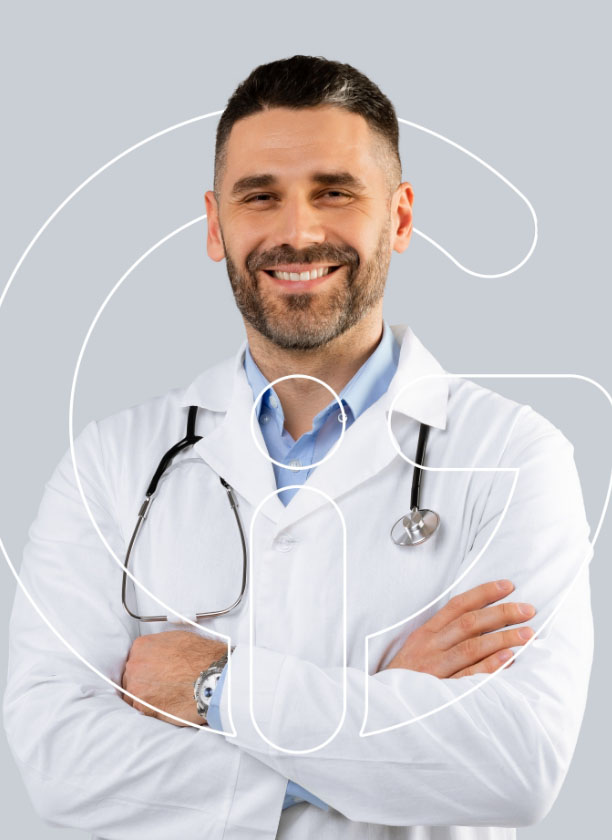Esophageal Manometry (Motility Study) in Connecticut
What is an esophageal motility study?
Esophageal motility studies at Connecticut GI are tests performed to measure the contractile properties of the esophagus. To perform the test, a narrow and pliable catheter will be placed through the nose into the esophagus. This form of motility exam could be conducted to help pinpoint the reason behind:
- Prior to undergoing esophageal surgery
- Severe gastroesophageal reflux
- Regurgitation
- Difficulty swallowing
- Pain in the chest area
- Esophageal spasm
To locate a gastrointestinal specialist who can conduct an esophageal motility assessment or esophageal manometry in Connecticut, call one of our GI locations today.

What can I expect the day before my esophageal motility study?
The day before your esophageal motility study, you will receive instructions from your Connecticut GI specialist detailing the preparatory steps to follow. In most cases, patients will be permitted to eat as they usually might the day before the study. Patients will be asked not to take anything by mouth after midnight except for medications. It is essential to adhere to the instructions given to you by your provider. Further instructions concerning your medications will also be explained. In most cases, your medication regimen will not be altered. However, in certain cases, particularly in those who take blood thinners (i.e., Coumadin®, warfarin, Plavix®, aspirin, anti-inflammatories) and in diabetic patients, specific instructions will be given.
What happens on the day of the esophageal motility study?
You will need to arrive at the endoscopy facility 30 minutes ahead of your test. This is to account for time to fill out paperwork and be prepped for the test.
Once in the procedure area, you will need to lie back on a patient exam table. One of your nostrils will be anesthetized with lidocaine. We will then gently guide a slender tube into your nose. As the catheter is moved into the esophagus, you will be required to swallow in an effort to enlarge the opening to the esophageal area. Our staff will adjust the catheter to evaluate the squeeze of the lower esophageal sphincter muscle. Our team will then assess the squeeze of the muscles of the esophagus. At this part of the motility assessment, you will be asked to drink 10 – 20 sips of water. This will mark the end of the assessment and the tube will be removed. The evaluation is typically performed in approximately 30-60 minutes.
Since sedation is not administered for the study, you will be free to leave the endoscopy unit after the exam. In most instances, individuals can drink and eat normally after being discharged from the endoscopy center, but detailed instructions surrounding activity, medications, and eating will be discussed by our team prior to discharge.
When will I receive the results of my esophageal motility test?
Since the computer program will generate charts and grafts from the information obtained during the test, the results of the test will not be ready to read until after you leave the endoscopy center. The study results will be reviewed by your provider at a later time. You will most likely get a call from your specialist at one of our Connecticut locations within a week to go over the esophageal motility evaluation findings.
What are the risks of an esophageal manometry study?
Esophageal motility testing is generally regarded as a safe process. Complications occur in less than 1% of individuals. Most such complications are not life-threatening; however, should a complication arise, it may result in hospitalization and surgery. Before we start the procedure, a consent form will be explained to the individual by the healthcare staff at Connecticut GI.
Perforation or piercing of the esophageal structure is a significantly uncommon complication but can happen. This could be identified at some point during the procedure, or it may not be found until later in the day. In most instances, a perforation will lead to surgery and a hospital stay for repair.
It is very important that you call your provider’s office immediately if any issues or symptoms occur following the exam, such as fever, increasing abdominal pain, or bleeding.
Like any other test, an esophageal motility assessment is not flawless. There is a small, acknowledged risk that irregularities may not be detected during the exam. It is imperative to continue to schedule appointments with your healthcare practitioners per their recommendations and inform them of any chronic or newly developed concerns.
What are alternatives to an esophageal motility study?
To a certain degree, any alternatives to the test will be determined based on the purpose of needing to complete an esophageal manometry evaluation to begin with. For most patients, the esophageal manometry test is the most effective option to evaluate the muscle function of the esophagus. Although a specific x-ray, referred to as an esophagram (either by itself or in the course of a barium swallow/upper GI) can also allow GI providers to assess the esophagus.

